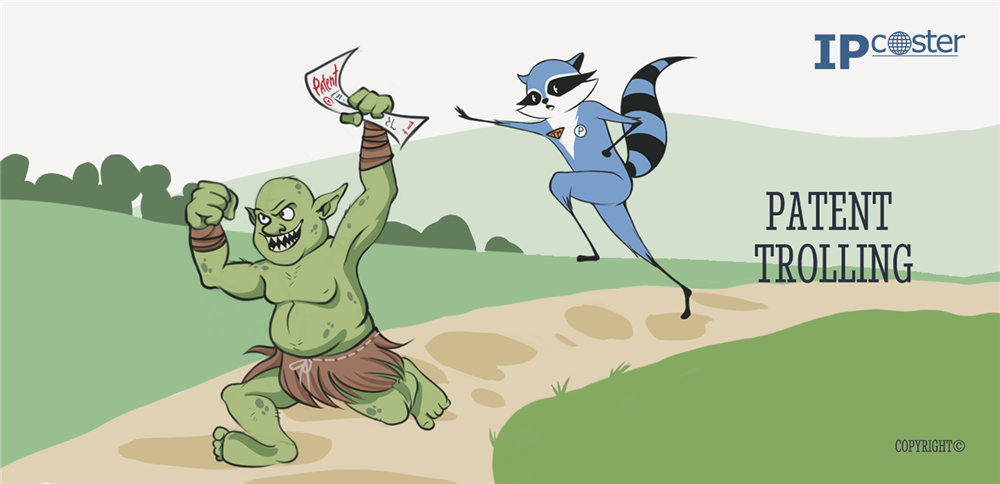IP-Academy

Patent trolling
Like many forms of intellectual property, patents can be leveraged in several ways by owners for their financial gain. This can oftentimes be abused, and one widely utilised form of such abuse is so called patent "trolling" or "hoarding", committed by patent trolls, often referred to as Patent Assertion Entities (PAE's), and Non-Producing Entities (NPE's). These entities obtain patents with the sole purpose of holding them "hostage" over other companies for fiscal gain, or to beat out the competition. They threaten other businesses with the same or similar patent subject matter, forcing the victim to decide between potentially lengthy and expensive litigation, or paying the trolling entity a sum of money to settle the dispute outside of legal proceedings. Patent trolling can be hugely detrimental to businesses and the economy as a whole, so what are the routes to resolving the threat of a patent troll?
A large number of victim companies subject to patent trolling in the USA opt to pay a settlement or license fee to the trolling entity outside of legal proceedings. One reason for this lies in the US court fees. For example, an estimated 5 million USD is spent per US patent lawsuit involving large corporations, whilst patent trolls strategically place their settlement fee below litigation costs, at an average of 2 million USD.
Another potential reason for frequent out-of-court settlement is that in the event the patent troll does succeed in litigation, the victim business could potentially lose its place on the market, and it may cost them greatly if the threatened infringement proceedings result in an injunction.
An alternate option would be to design around the alleged infringed patent, which may be successful in avoiding both a settlement fee and legal proceedings. This may, however, pose the risk of lowering the quality of the product and damaging the victims reputation on the market, therefore it is important to weigh up the risks of altering the product.
If a victim company does opt to proceed with litigation and fight back against the troll, there are a few stances that could be considered. For example, the victim may choose to enlist legal expertise before making a decision on whether to engage with proceedings. The expert will take a preliminary look at the subject matter which is targeted by the trolls, with the aim of assessing whether it does, in fact, infringe upon the trolling entity's patent, as well as the overall validity of the victim's patent covering the subject matter, should they have one. Legal clarity on these points can provide a solid basis on which to confront the trolling entity in court, and be a considerable factor in opting to litigate instead of paying a settlement fee.
Aside from the possibility of succeeding in the legal battle, it may be effective for the victim to invoke cancellation proceedings against the troll entity's patent. Furthermore, the discovery phase of litigation may uncover useful information on the trolling entity's patent(s), which can be advantageous for the victim in terms of their strategy in the long-term fight against the troll.
In light of the risks posed, businesses should remain aware and prepared for the event of patent trolling and subsequent litigation. If you believe you are falling victim to a patent troll, it is recommended that you consult with a legal professional. Contact us, if you wish to discuss.